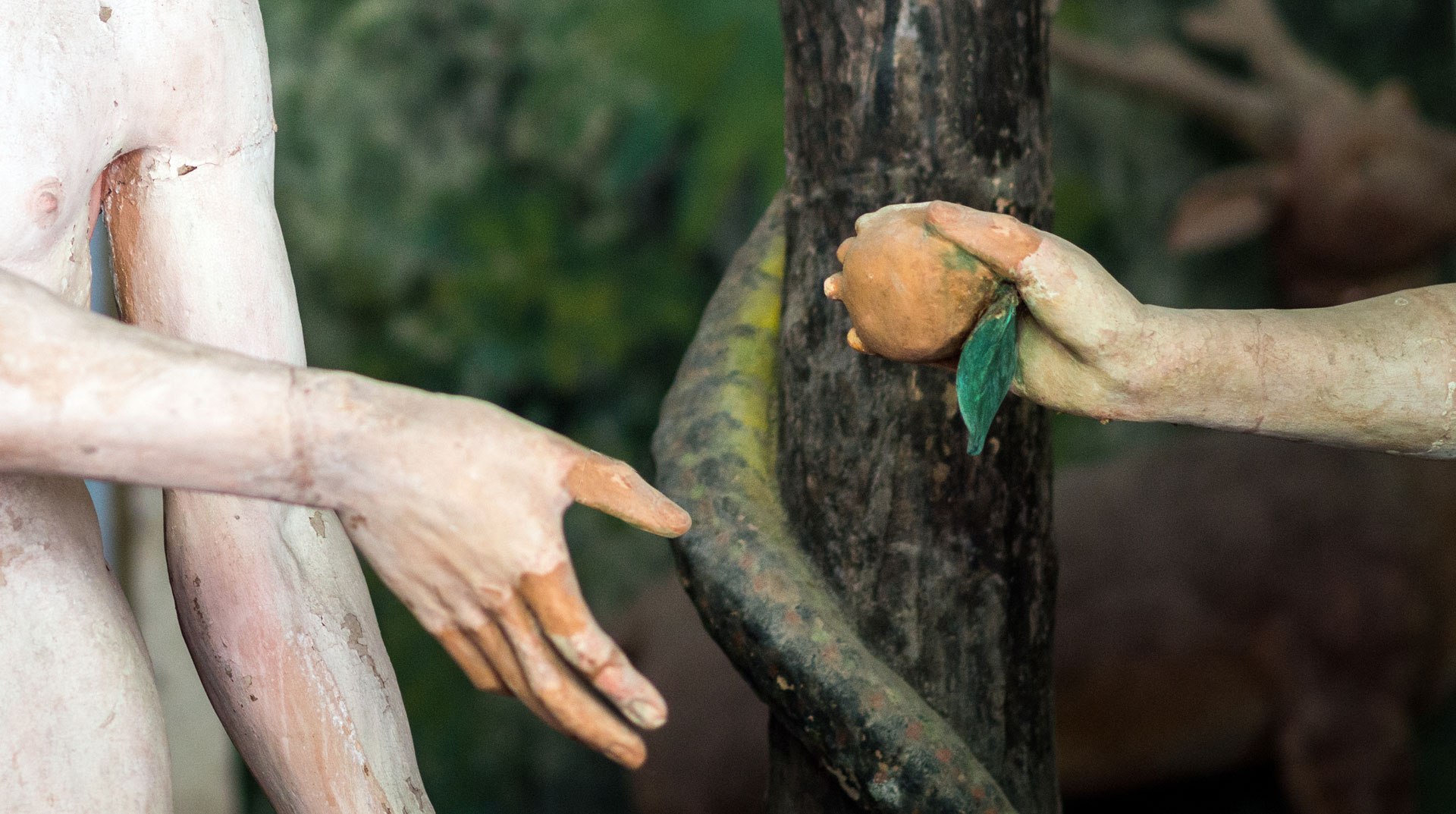- Jan 23, 2011
- 5,249
- 561
A final point. I objected to your definition of "flesh" as body only, without a mind driven by lusts, sin nature. On a rudimentary level Christ's human body is just as human as ours, but He is without blemish or sin.The Flesh that Jesus had was no different that the flesh we and everyone before us had . The flesh can not sin on it's own , it takes a mind , a brain for the sin to be done . You have to choose to hold your thoughts captive as Jesus did , we have the Holy Spirit as our Guide .
If Jesus did not have the same flesh as us then the verse highlighted below is a lie .
Hebrews 4:15 Context
12For the word of God is quick, and powerful, and sharper than any twoedged sword, piercing even to the dividing asunder of soul and spirit, and of the joints and marrow, and is a discerner of the thoughts and intents of the heart. 13Neither is there any creature that is not manifest in his sight: but all things are naked and opened unto the eyes of him with whom we have to do. 14Seeing then that we have a great high priest, that is passed into the heavens, Jesus the Son of God, let us hold fast our profession. 15For we have not an high priest which cannot be touched with the feeling of our infirmities; but was in all points tempted like as we are, yet without sin. 16Let us therefore come boldly unto the throne of grace, that we may obtain mercy, and find grace to help in time of need.

The Original View of Original Sin
Augustine’s writings on original sin are often seen as a reaction to his own perceived youthful sexual excesses. In reality, his views are rooted in philosophy.foundations.vision.org
In other words, the definition of flesh without it being controlled by a mind easily influenced by sinful desire, is used in only a few scriptures. To illustrate, that definition does not work here:
For I know that in me (that is, in my flesh) nothing good dwells; for to will is present with me, but how to perform what is good I do not find. (Rom. 7:18 NKJ)
Flesh is used to refer to human nature which through Adam is fallen. That is why I objected to your "focused" statement: We are imperfect; Christ is perfect, even His flesh was perfect.
Strong's helpfully lists the wide range of meaning "flesh" has in Scripture:
4561 σάρξ sarx {sarx}
Meaning: 1) flesh (the soft substance of the living body, which covers the bones and is permeated with blood) of both man and beasts 2) the body 2a) the body of a man 2b) used of natural or physical origin, generation or relationship 2b1) born of natural generation 2c) the sensuous nature of man, "the animal nature" 2c1) without any suggestion of depravity 2c2) the animal nature with cravings which incite to sin 2c3) the physical nature of man as subject to suffering 3) a living creature (because possessed of a body of flesh) whether man or beast 4) the flesh, denotes mere human nature, the earthly nature of man apart from divine influence, and therefore prone to sin and opposed to God
Origin: probably from the base of 4563; TDNT - 7:98,1000; n f
Usage: AV - flesh 147, carnal 2, carnally minded + 5427 1, fleshly 1; 151






 . Where and when did Adam get his "sin nature " from and Who put it in him ?
. Where and when did Adam get his "sin nature " from and Who put it in him ?
